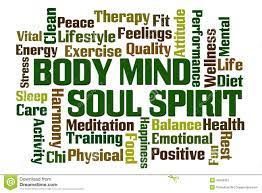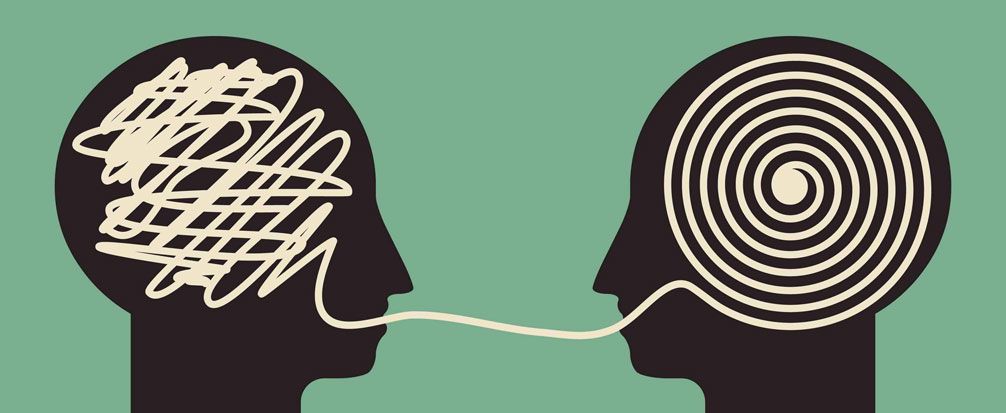The Latest News on Hypnosis: A New Wave of Mind-Body Healing
The Latest News on Hypnosis: A New Wave of Mind-Body Healing
Hypnosis has changed significantly in recent years. Once seen as a misunderstood tool, it is now backed by science. This transformation has turned it into a method for healing both mind and body. New techniques and breakthroughs are revealing its potential. Many people find hope in these innovative approaches to mental and physical health.
What Is Hypnosis?
Hypnosis involves focused attention and heightened suggestibility, often with deep relaxation. Though often linked to stage shows and mysticism, modern views see it as a powerful tool. It helps with stress, chronic pain, and anxiety and can even aid in physical healing.
Breakthroughs in Hypnosis Research
Recent advancements in neuroscience and psychology have validated the efficacy of hypnosis. Researchers are now able to measure its effects on the brain, offering concrete evidence of its benefits.
Brain Imaging and Hypnosis
Using fMRI and EEG, scientists study how hypnosis affects the brain. Here's what they found:
- Increased Connectivity: The dorsolateral prefrontal cortex and the insula are more connected. These brain areas are linked to self-awareness and emotional control.
- Reduced Activity in the Default Mode Network: This network, associated with daydreaming and self-criticism, shows less activity during hypnosis. Consequently, a state of focus and relaxation occurs.
- Pain Reduction: Hypnosis changes how the brain processes pain. It offers relief for chronic pain sufferers by affecting pain-processing centers.
These findings lend credibility to hypnosis as a legitimate therapeutic option.
Innovative Techniques in Hypnosis
Hypnosis is no longer confined to traditional methods of guided imagery and suggestion. Modern approaches incorporate technology and interdisciplinary methods to enhance their effectiveness.
Virtual Reality Hypnosis
Virtual reality (VR) is revolutionizing the field of hypnosis. By combining immersive environments with hypnotic techniques, VR hypnosis enhances relaxation and focus. For example:
- Anxiety Relief: Patients can "escape" to calming virtual worlds. They receive guided hypnotic suggestions there.
- Pain Management: VR hypnosis has been used to distract burn victims during wound care, significantly reducing their pain levels.
Hypnotic Apps and AI Integration
Hypnosis is becoming more accessible through smartphone apps and artificial intelligence. These tools offer:
- Personalized hypnosis sessions tailored to individual needs.
- Guided audio tracks for relaxation, sleep, and focus.
- Real-time feedback using biometric data, such as heart rate and stress levels.
Group Hypnosis and Telehealth
The pandemic spurred innovations in remote hypnosis, making group sessions and telehealth hypnosis widely available. Online platforms now offer:
- Group hypnosis for weight loss, smoking cessation, and stress relief.
- One-on-one sessions with certified hypnotherapists via videoconferencing.
Applications of Hypnosis: Healing the Mind and Body
Hypnosis is being used to address a broad spectrum of conditions, bridging the gap between mental and physical health. Here are some of its promising applications:
Mental Health
Hypnosis has shown significant promise in treating psychological conditions:
- Anxiety and Depression: Hypnotic techniques help patients reframe negative thought patterns and build resilience.
- Trauma and PTSD: Hypnosis provides a safe space for individuals to process traumatic memories without being overwhelmed.
- Phobias: Hypnosis helps desensitize individuals to their fears through gradual exposure and suggestion.
Physical Health
The mind-body connection is at the core of hypnosis, making it effective for physical ailments:
- Chronic Pain: Hypnosis reduces pain perception and improves quality of life for those with conditions like fibromyalgia or arthritis.
- Gut Disorders: Conditions such as irritable bowel syndrome (IBS) have been successfully treated with gut-directed hypnotherapy.
- Sleep Disorders: Hypnosis enhances relaxation and promotes deeper, more restorative sleep.
Habit Change
Hypnosis excels in helping individuals break free from unhealthy habits:
- Smoking Cessation: By addressing subconscious triggers, hypnosis has helped many quit smoking.
- Weight Management: Hypnosis promotes healthier eating habits and reduces emotional eating.
- Addiction Recovery: Hypnosis complements traditional therapies by reducing cravings and managing withdrawal symptoms.
Why Hypnosis Is Gaining Popularity
The rise of hypnosis is fueled by growing interest in holistic and non-invasive treatments. Here’s why more people are turning to it:
- Scientific Backing: As research validates its effectiveness, skepticism about hypnosis is diminishing.
- Customizability: Hypnosis can be tailored to individual needs, making it a versatile tool.
- Accessibility: Advances in technology and telehealth make hypnosis available to a wider audience.
- Minimal Side Effects: Unlike medications, hypnosis has virtually no side effects, making it a safe option for most people.
How to Get Started with Hypnosis
If you’re curious about trying hypnosis, here’s how to begin:
- Research Practitioners: Look for certified hypnotherapists with experience in your area of concern.
- Set Clear Goals: Determine what you want to achieve, whether it’s stress relief, pain management, or breaking a habit.
- Start Small: Consider starting with self-hypnosis apps or guided audio tracks before committing to in-person sessions.
- Stay Open-Minded: Hypnosis works best when approached with an open and willing mindset.
What to Expect in a Hypnosis Session
A typical hypnosis session involves:
- A pre-session discussion to establish your goals.
- Induction techniques to guide you into a relaxed state.
- Suggestions tailored to your needs.
- A gentle return to full awareness.
The Future of Hypnosis
The future of hypnosis looks bright as ongoing research and technological advancements continue to expand its possibilities. Emerging trends include:
- Integrative Therapies: Combining hypnosis with mindfulness, meditation, and cognitive-behavioral therapy for a synergistic effect.
- Medical Applications: Exploring hypnosis for surgical preparation, cancer care, and autoimmune disorders.
- Enhanced Personalization: Using AI and biometric data to create even more customized sessions.
A New Era of Healing
Hypnosis is now widely accepted and understood. It’s a scientific tool that changes lives. If you have chronic pain, want to break a habit, or need to reduce stress, hypnosis can help. Ongoing research shows its potential is limitless. This reflects the amazing power of the mind-body connection.
Billy Kelley has been a Certified Consulting Hypnotist as well as holding several other hypnosis certifications.
Book an appointment and see for yourself how Billy uses hypnosis to help his clients improve their lives by improving their mind and body!
Share Today!











